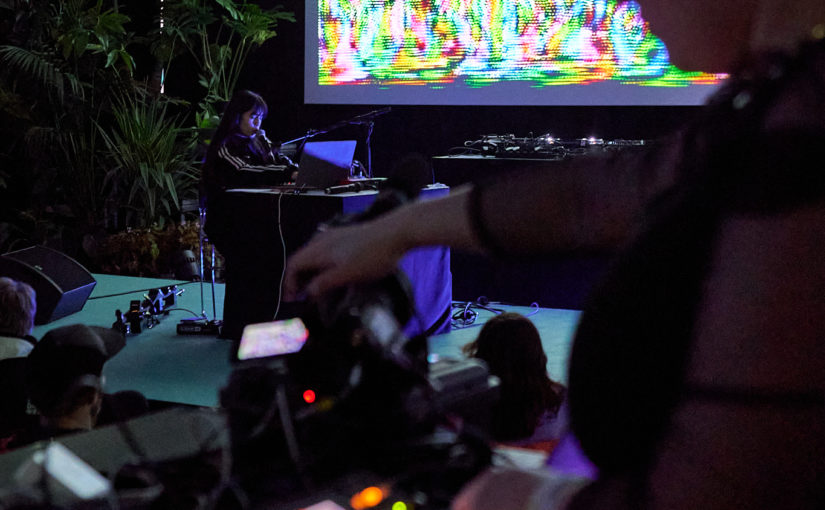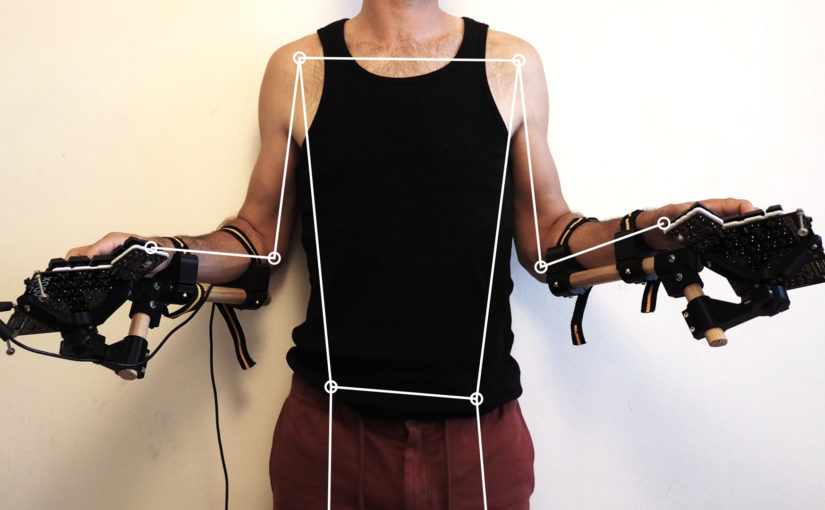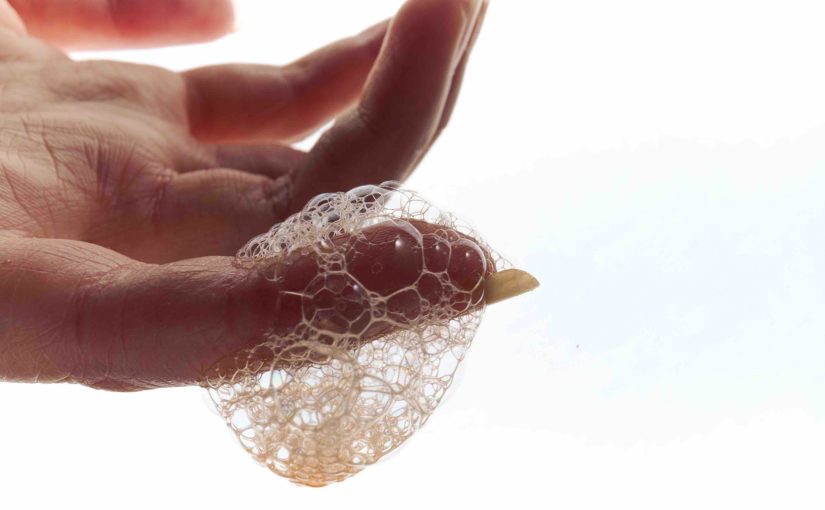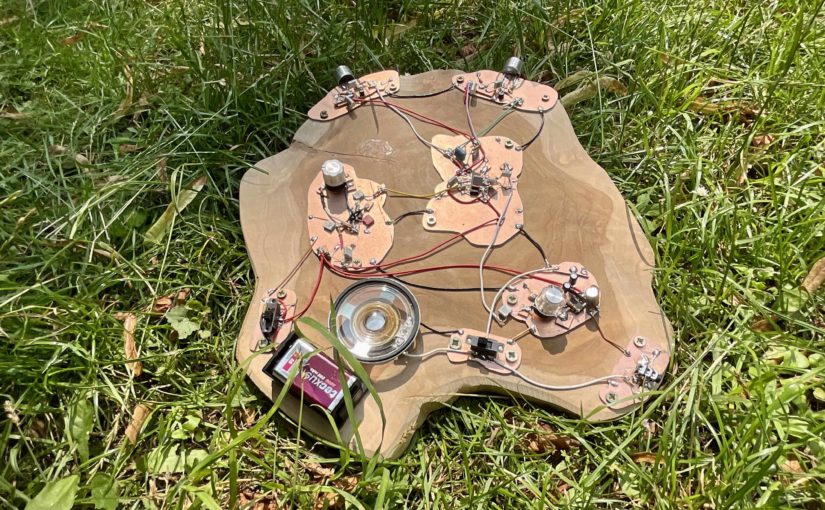During PIFcamp 2023, Sophia Bulgakova is planning to experiment with food and various augmentation of reality using XR technologies and analogue tools of sensory deprivation while dining.
She wants to conduct testing & tasting sessions together with other participants exploring their relationship with various sensory stimulants with a focus on food and dining as a communal ritual. How can a change in visual perception affect the taste of certain foods? Can physical togetherness be achieved at a distance? How our taste buds be tricked by the stimulation of other senses? These experimentations will be a part of her collaborative, ongoing umbrella project, Metaphysical Tastings, which Sophia is working on together with Leonardo Scarin & Cemre Deniz Kara.
Sophia will also continue her experimentations with the analogue/digital VJ set-up she is developing and work on arranging jam and play sessions with other participants of this year’s program.



